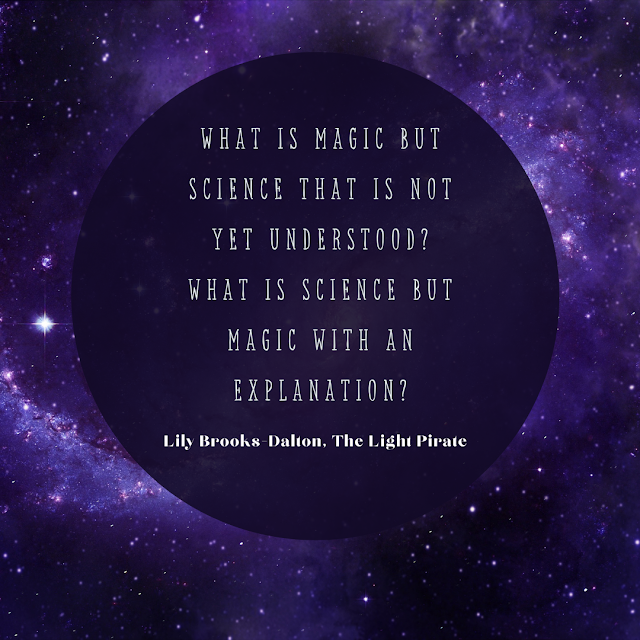Book Review: The Light Pirate by Lily Brooks-Dalton
I’m a big believer in the recreated magic of a place within literature. There’s a certain charm to writing that takes a familiar place and turns it into something we can see with a fresh perspective and wide-open eyes.
Last summer, I went on a trip to Pensacola, Florida to connect IRL with some gaming friends who lived in the area as well as to reunite with old friends who lived out of state.
The only other time I had been to Florida was for a family trip to Disney, and my impression of the state was not particularly positive. However, during my trip to Pensacola, I absolutely fell in love with the city–especially the white sand beaches of the glistening emerald coast and all the lush greenery in the surrounding areas.
Ever since, I’ve been actively seeking out literature set in Florida with the hope I’ll be transported back to that feeling of wonder and awe for the Sunshine State that was awakened during my trip.
Which is initially what drew me to The Light Pirate when it popped up as one of my Book of the Month picks.
What sold me, though, was the opening paragraph provided in the sample reading:
“Somewhere west of Africa, so far from land the sky is empty in all directions, a storm begins. The water is warm, the waves are high. The air is heavy with moisture. A breath of wind catches, then circles back, churning itself into something new: a closed circuit gathering power, tighter and tighter. In this way, the storm grows. It matures. Learns to hold a shape. The warm water feeds it, fattens it, then urges it westward. Electronic eyes watch as it skims across the Atlantic. Soon enough, it earns a name. Reports are written about its speed and size. Preparations are made. There are other storms in this ocean, other pockets of hot, moist wind and rain-heavy cloud. But this one–this one will outgrow them all.”
And so the story introduces us to Hurricane Wanda, the storm that will forever alter and define the lives of the main characters.
Written in third person and set in a not-so-distant future, the story first focuses on the perspectives of task-oriented lineman Kirby and his new, very pregnant wife Frida. After losing her mother in a devastating hurricane the year before, Frida has been struggling to keep her anxiety in check while Kirby has been struggling to juggle his responsibilities as the lead lineman responsible for keeping the electricity running in a town constantly pummelled by viscous storms; an understanding husband to his fretful new wife; and a father to his two boys staying with him for the summer, Lucas and Flip.
Their struggles come to a head when Lucas and Flip–hellbent on rebelling against the life their father is building with his new wife–decide to venture out in the thick of the storm while Kirby is at work and Frida is attempting to rest. When Kirby returns home and finds the boys missing, panic ensues as Kirby races to bring the boys home before the worst of the storm hits. Meanwhile, Frida–left behind in Kirby’s panic–finds herself enduring a pre-term labor that she must fight to survive.
By the time Kirby returns home, she’s nearly lost the fight but still manages to hand him their baby girl and request that she be named Wanda–after the hurricane.
The story then follows Wanda as she grows up motherless in a town slowly succumbing to nature’s elements. We see the remnants of Wanda’s world through her curious exploration of and interaction with what’s left of it. Frequent hurricanes have been slamming the Florida coast so often that civilization has become nearly impossible. Bigger cities have started to evacuate while smaller towns–like the one Wanda lives in–are little more than ruins hardly able to keep their heads above the water. The only people still residing there are the loyal residents determined to fix it–like Wanda’s father, Kirby–or the people with nowhere else to go.
When the schools get shut down, she’s forced to spend her days with a former professor and biologist named Phyllis who lives in a neighboring house. Through Phyllis, Wanda learns how to make sense of the world, and most importantly, how to survive– a skill that becomes ever more useful as the years pass by and the world around Wanda continues to deteriorate.
We also learn that Wanda has a special power: whenever she touches water, she’s able to make it glow. Phyllis, ever the scientist, tries desperately to solve what might be causing this “bioluminescence” to occur, but we never get a definitive answer throughout the book. The closest we get is in the very last chapter when we see the community of fellow survivors Wanda has become a part of and she remarks on how other kids have certain, special abilities as well: one who is able to hold their breath underwater for an inhuman length of time, another who is able to talk to fish, and another still who is able to see clearly in the dark. It’s essentially chalked up to evolution, the natural adaptation that occurs out of a necessity of survival.
Which brings me to the main theme of the book: the inevitability of change.
Through beautifully written prose The Light Pirate teaches us that even the best laid plans can fail and survival is more about being willing to adapt than anything else.
It’s also a thoughtful reminder of how the choices (or lack thereof) we make today will inevitably impact our future. It’s a warning and a motivation to take action against climate change now. For if we don’t, the fractured world of destruction Wanda lives in might soon become our reality.
What do you think? Does it sound like a book you might enjoy? How do you feel about literature that brings up issues of climate change?
Let me know in the comments below!








.png)













0 comments